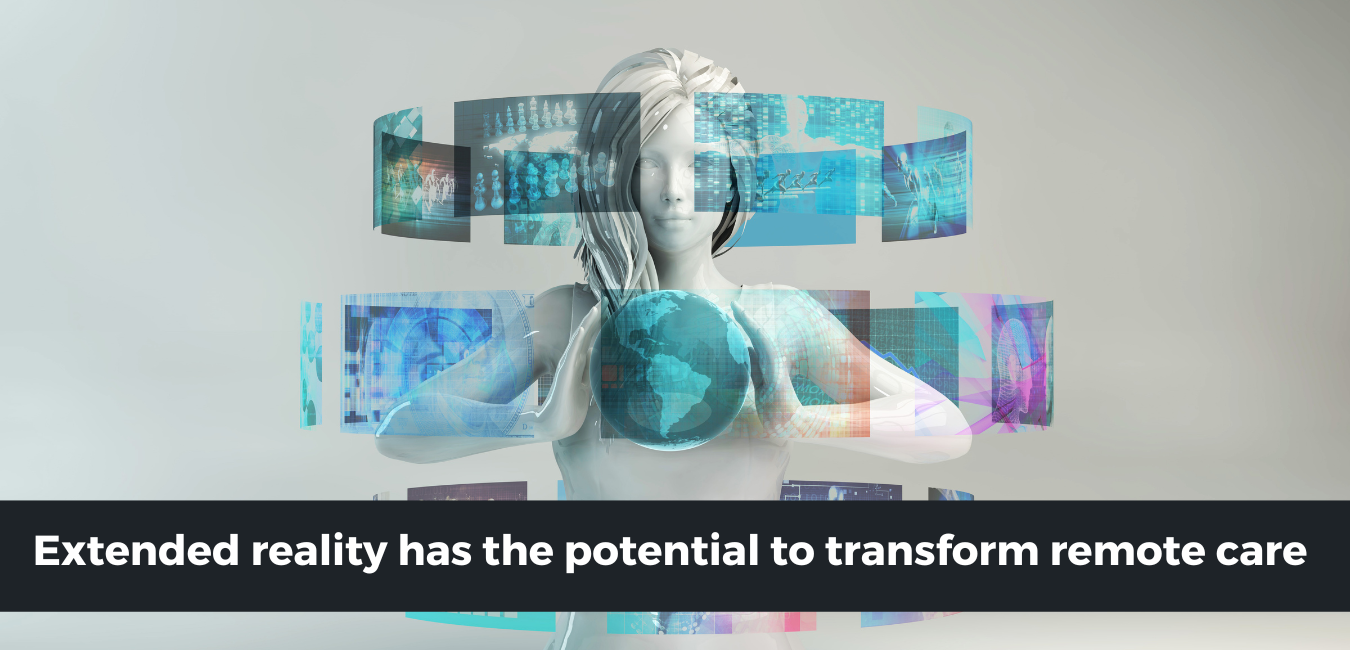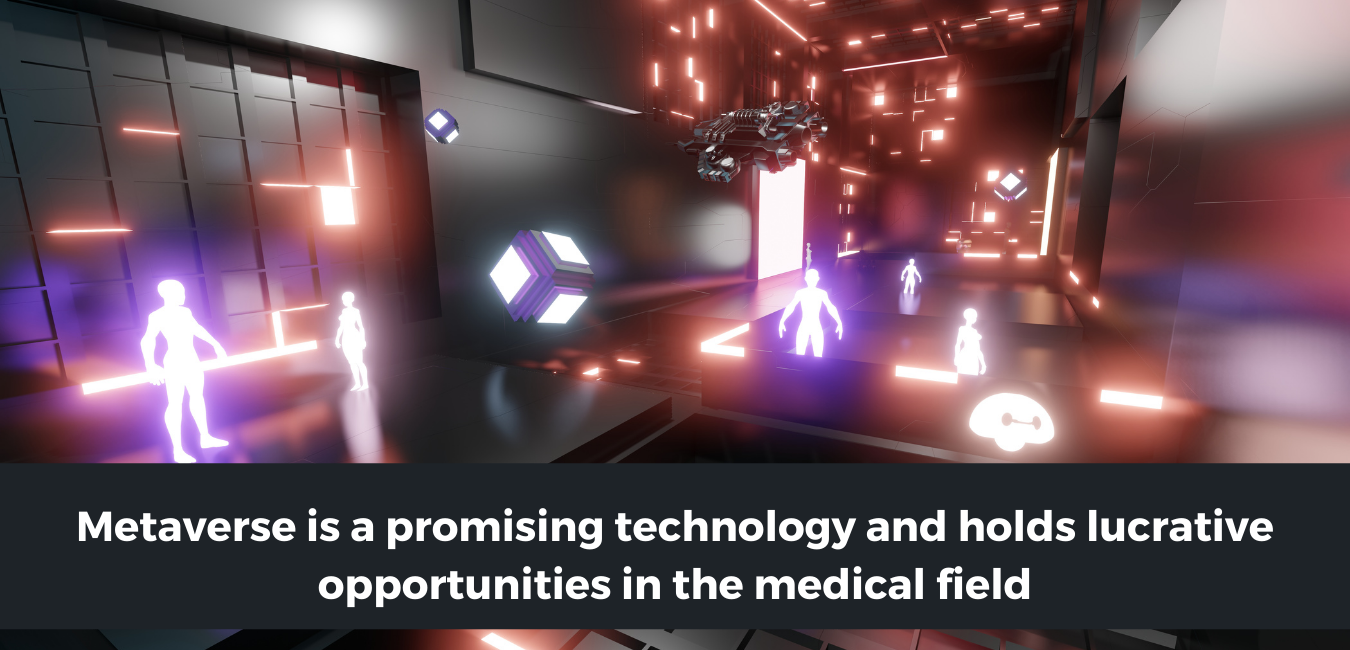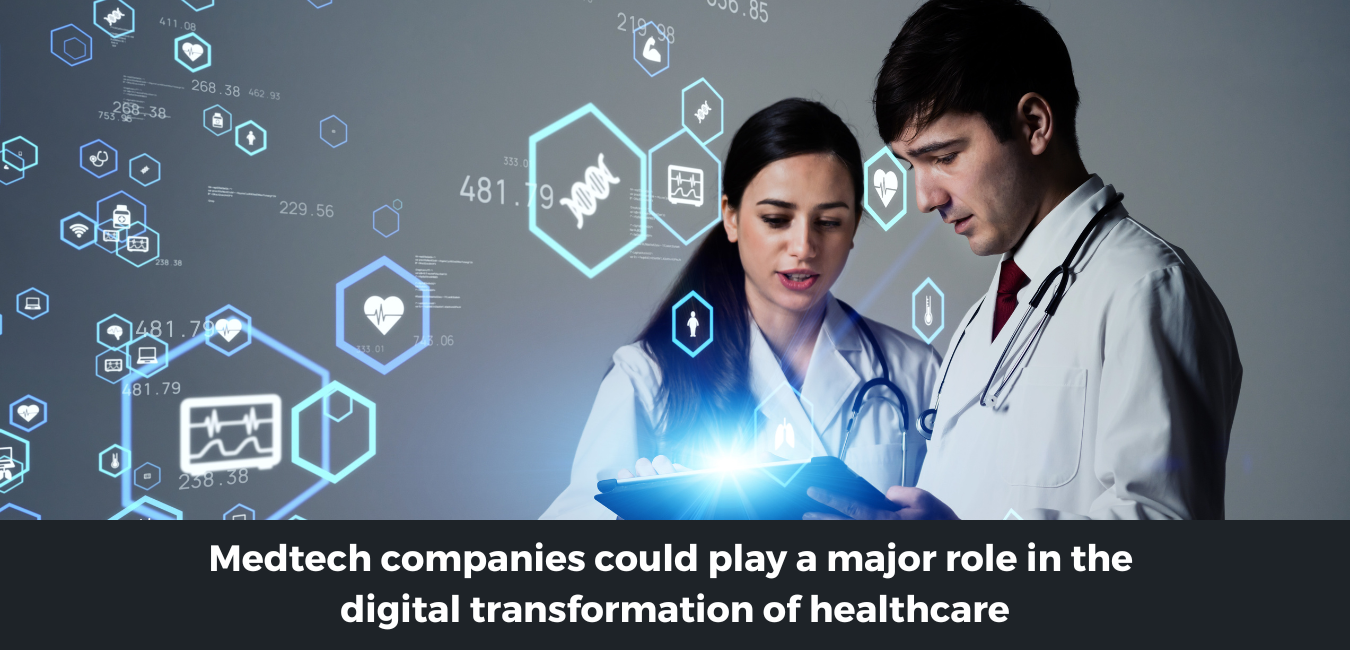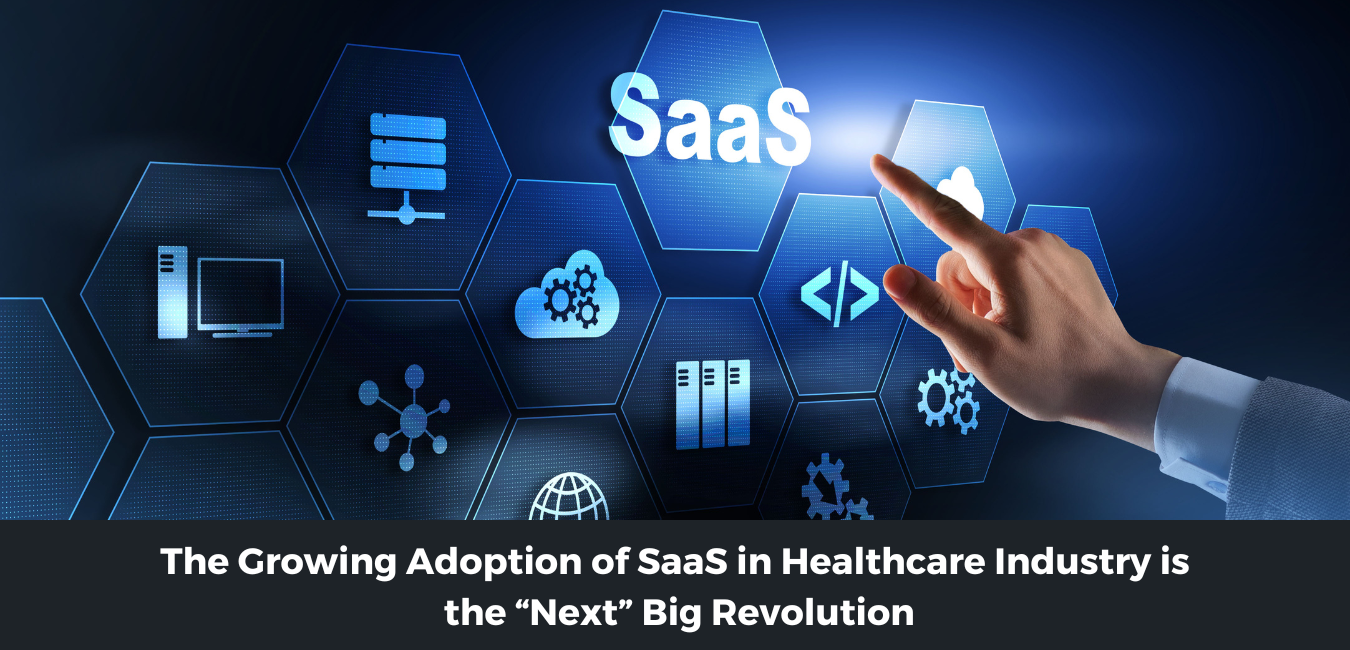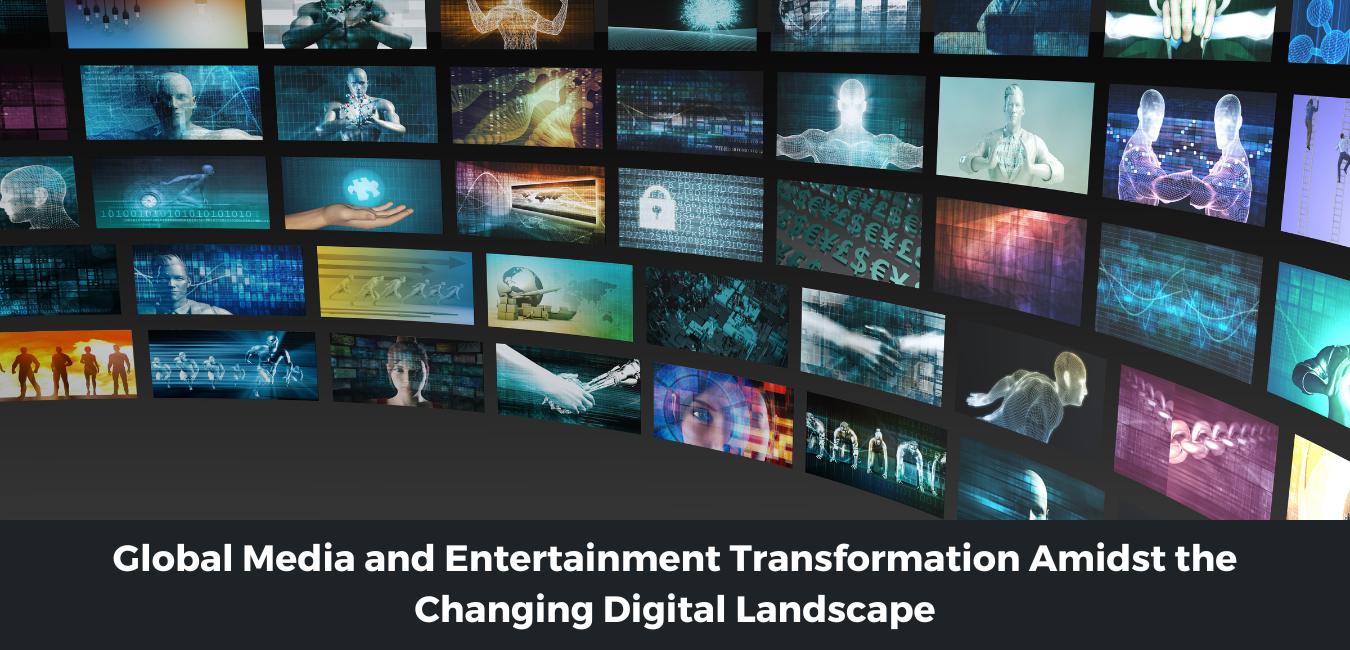E-Health: The boom in digital health to duisrupt life sciences and medical community
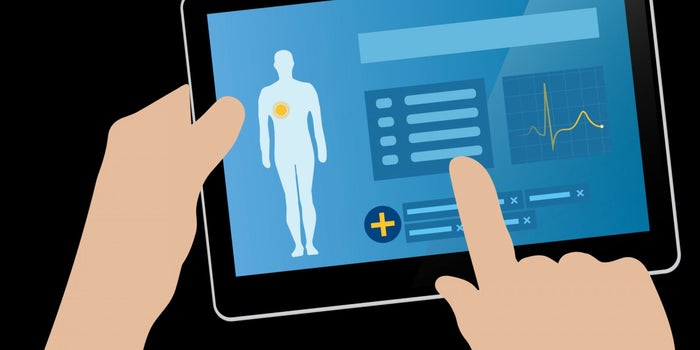
E-Health is an developing field in the intersection of public health, medical informatics, and business, mentioning to health services and data delivered or enhanced through the Internet and connected technologies. In the broader sense, the term characterizes a technical development and a state of mind, a way of thinking, an attitude, and a commitment for networked, global review, to recover health care locally, regionally, and globally by using information and communication technology.
The 5 e's in "E-Health"
- Efficiency - one of the promises of e-health is to increase efficiency in health care, thereby decreasing costs. One possible way of reducing costs would be by avoiding duplicative or unnecessary diagnostic or therapeutic interventions through enhanced communication possibilities between health care establishments and patient involvement.
- Enhancing quality of care - increasing efficiency involves not only reducing costs but at the same time improving quality. E-health may enhance health care quality by allowing comparisons between different providers, applying consumers as additional power for quality assurance, and directing patient streams to the best quality providers.
- Empowerment of consumers and patients - by making the knowledge bases of medicine and personal electronic records accessible to consumers over the Internet, e-health opens new avenues for patient-centered medicine, and enables evidence-based patient choice.
- Encouragement of a new relationship between the patient and health professional, towards a true partnership, where decisions are made in a shared manner.
- Evidence based - e-health interventions should be evidence-based in the sense that their effectiveness and efficiency should not be assumed but proven by rigorous scientific evaluation. Much work still has to be done in this area.
Healthcare and life science organizations have great opportunities to digitally built their strategies as the world is beginning to realize the potential of technology in improving life. The recent COVID-19 outbreak has nearly quadrupled the number of U.S. consumers that are now using digital health solutions. Telehealth consultations are almost half the time consuming as in-person appointments; this is helping patients see their doctor faster and assisting doctors to see more patients than ever before.
But with these digital solutions that are changing the way patients interact and engage with their healthcare providers in the future, many challenges are arising. These challenges are warning signals for all stakeholders involved in digital healthcare, allowing organizations and stakeholders to implement new digital solutions for better user experiences.
The rapidly digital technologies have the potential to make healthcare and life science more flexible and accessible. Some of the strategic digital solutions for healthcare and life science companies are:
Digital front door- This is a concept that emerged as a result of the digital revolution. Through the digital front door, patients can engage through digital means with their health service provider. The digital front door can be a website, mobile app, patient portal, or other technology. Patients decided priorly to see a healthcare provider because they have an ailment thus, the demand is already created. The further main focus is on creating easy point of entry through the digital front door. Creating a digital front door requires strategic thinking on the part of companies because it's more than "just" the company's website. It's an entire experience that must be seamless across all channels for the end user.
Internet of things (IoT) for patients & healthcare providers
Most health care providers understand the idea of the Internet of things. The recent outbreak of Covid-19 has transformed communities to a greater extent by creating larger space between the healthcare provider and patient. By adequately connecting through IoT, a patient can report real-time results back to the doctor. The entire process of early discovery of conditions, faster treatment, and quicker recovery of the patient can be becoming more realistic.
Using mobile applications for more effective remote patient monitoring
Mobile applications can benefit various pharmaceutical companies, contract research organizations, and life science companies continuously involved in clinical trials. The application can quickly deploy a clinical trial program and make the user experience seamless by performing tedious tasks of getting electronic informed consent (eConsent) and electronic clinical outcome assessments (eCOA) also help in adverse event tracking more. By creating a unique mobile application, companies can recommend treatments for a healthier lifestyle.
Using voice and conversational Artificial Intelligence (AI) in virtual clinical trials
The use of AI for the clinical trial has great positive implications. Such as implementing a voice assistant skill such as an Amazon Alexa for report clinical outcome assessments. Similarly, pharmaceutical and life sciences companies can use AI to remind clinical trial subjects when to take their trial drug or the product. During patient assessment for ailments, clinical research organizations or pharma companies could use conversational AI, such as a chatbot, to screen potential subjects.
With the advantages and the growing transformation towards digital health. Some specific ethical considerations and challenges need to be addressed. With the slow disappearance of the traditional physical interaction model between patients and doctors, misinterpretation of information obtained from digital health devices is increasing. These unreliable online resources can lead to medical decisions that do not involve authentic medical professionals and may endanger patients' lives.
In addition, there is a risk of data leak as the data is accessible to both stakeholders and patients; unauthorized third parties might acquire sensitive information about patient's health and can further misuse this sensitive data. Also, many medical devices have shown great security concerns as they can be hacked from a distant location. This diminishing trust of patients towards the healthcare system can make them prone to various online medical quackery and inefficient therapies. The same risk is associated with digital health tools if authentic physicians are not engaging with patients.
The Internet and widely available digital information have empowered patients on a large scale. Patients now have easy access to an extensive network of medical information, education, and communication with other patients regarding their health status and various treatment options. That said, patients' access to the healthcare system has not changed significantly, as still the point of contact is a physician for patients, who determines the appropriate course of treatment. Digital solutions and electronic health records are still not available in the broader sense; they are limited to lifestyle habits and do not comprehensively document patients' illnesses and diseases.
The way ahead
E-Health and digital health innovation can eliminate various monotonous and repetitive tasks of physicians and help them better focus on patients. The soft skills of doctor such as empathy, social care, and human touch are hard to replace; thus, easing work using digital innovation will prove beneficial.
Life science industries will have to make necessary changes in their models in offerings, go-to-market approach, and R&D operations—to capture new sources of value, drive efficiency, and compete in the changing digital market. Life science industries should create a platform to collect, integrate, analyze, and report real-world data to prove treatment efficacy, safety, and value.



